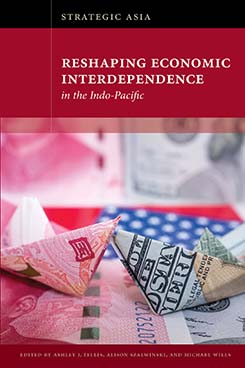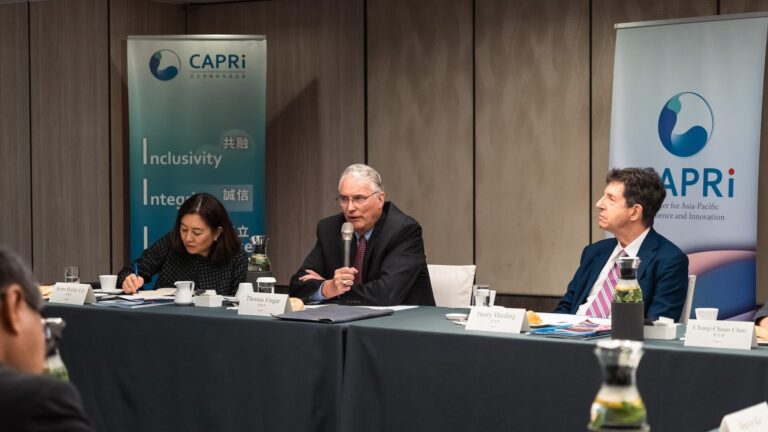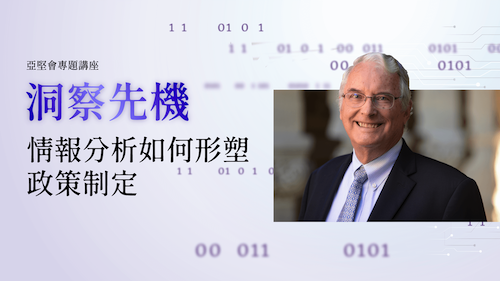For the past several years, the topic of “decoupling,” or more recently “de-risking,” has dominated U.S.-China policy discourse as both nations vie for global economic supremacy. However, given the deep interconnectedness of trade ties with China and the associated gains not only for the United States but also its allies and partners, just how desirable, realistic, and effective is decoupling from China? To what degree are countries, especially in Asia, willing to align with U.S. interests to diversify away from China, while maintaining the economic benefits of a close trade relationship?
Syaru Shirley Lin of the Center for Asia-Pacific Resilience and Innovation (CAPRI) spoke at the National Bureau of Asian Research (NBR) on Tuesday, November 14, from 10:00 a.m. to 11:30 a.m. EST with other experts on shifts occurring in the global trading system and their strategic implications for key countries and regions across the Indo-Pacific. This in-person event marks the release of Strategic Asia: Reshaping Economic Interdependence in the Indo-Pacific.
Related Publication
在中美競爭動態下「走鋼索」的台灣
亞堅會於此篇章中討論中美關係分化會對台灣與世界接軌上造成的影響,並探討台灣的社會經濟,在不斷變化的國際政經局勢之中,如何形塑台灣的未來。
Read the chapter 見此.





